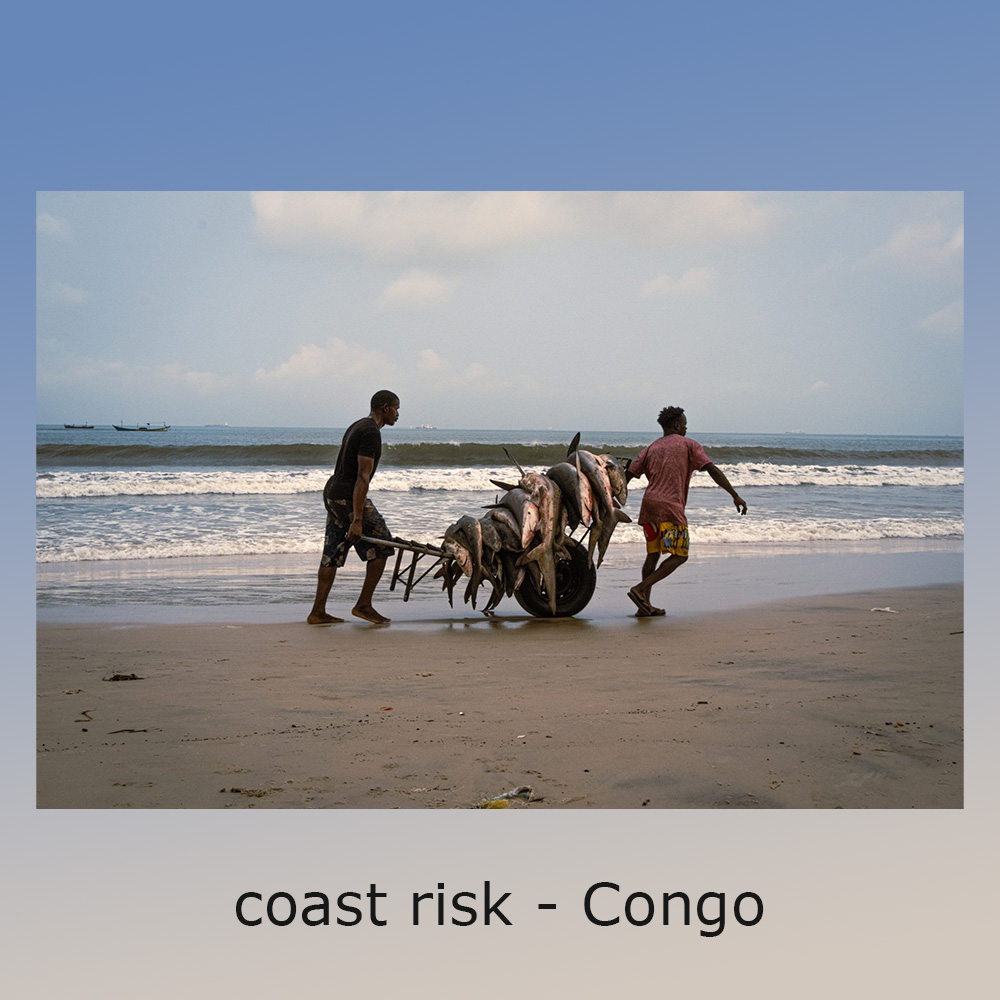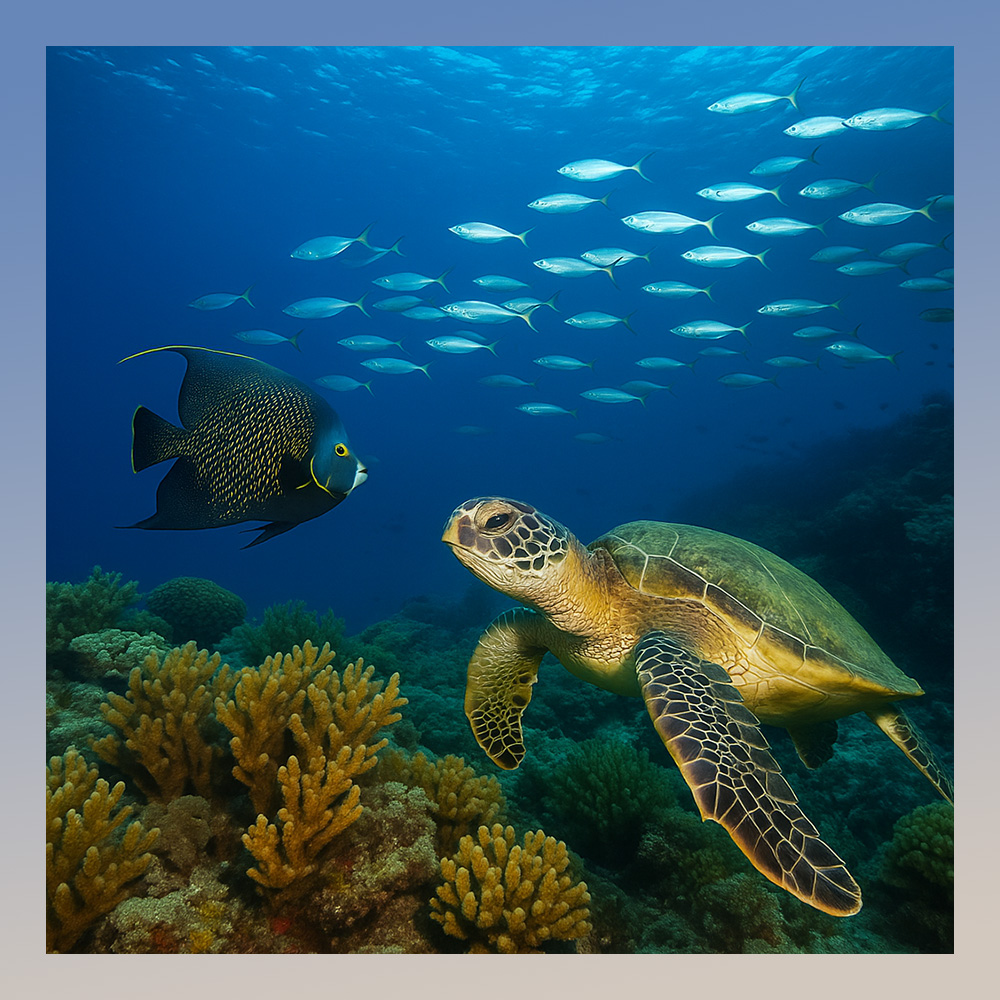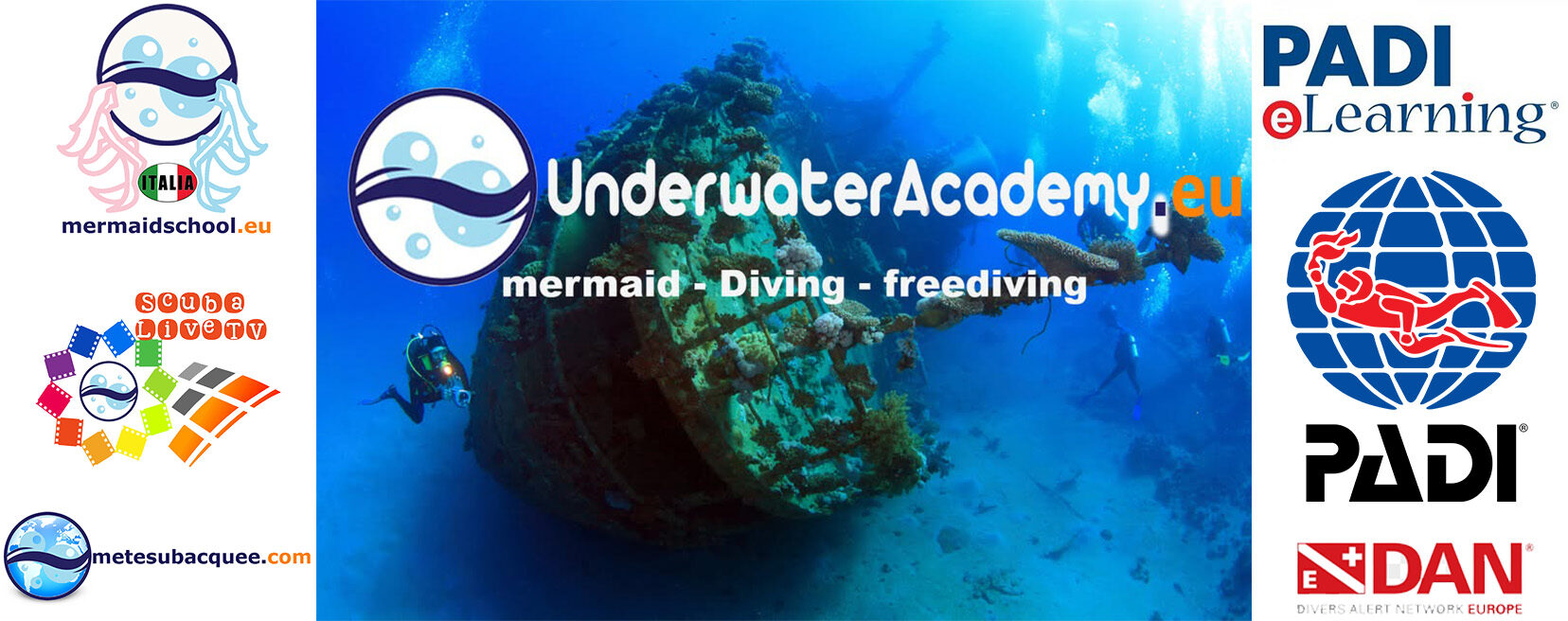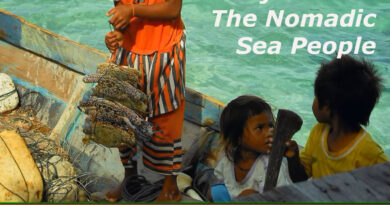The Atlantic Ocean on Africa’s West Coast: Riches at Risk
Green Sea World || About Us || G.S.W. Project || Education School || Collaborate with us || Contact Us ||
|| Africa || Antarctica || Asia || Australia-Oceania || Europe || North America || South America ||

The Atlantic Ocean on Africa’s West Coast: Riches at Risk
A Sea of Resources, an Ocean of Challenges
The Atlantic Ocean stretches along the entire western coast of the African continent, from Morocco down to South Africa. Its waters—particularly in the Gulf of Guinea and the Benguela Current—host incredible marine biodiversity, essential to millions of people who depend on fishing, maritime trade, and coastal activities.

But this richness is now under serious threat. Overfishing, pollution, and climate change are disrupting the delicate marine balance, endangering both ecosystems and the communities that rely on them.
The 5 Major Threats to the Western Atlantic Ecosystem
1. Overfishing
Throughout the coastal stretch from Senegal to Angola, industrial-scale overfishing is emptying fish stocks. Large foreign fleets compete with local fishers for the same resources. Traditional fishing methods can no longer support local communities, and several species are rapidly disappearing.
2. Illegal, Unreported, and Unregulated (IUU) Fishing
In countries like Guinea, Sierra Leone, and Ghana, IUU fishing is rampant. Vessels flying flags of convenience often operate unmonitored, extracting tonnes of fish without benefiting the local economy or respecting environmental limits.
3. Coastal Pollution
Major coastal cities—like Dakar, Abidjan, and Lagos—release massive amounts of plastic and untreated waste into the sea every day. Industrial ports and the lack of effective wastewater treatment are worsening the problem, contaminating waters and seabeds.

4. Climate Change and Ocean Warming
Rising ocean temperatures are affecting fish reproduction, disrupting marine food chains, and increasing ocean acidification. The Benguela Current, one of the world’s most productive fishing areas, is particularly vulnerable and could lose its ecological function and yield.
5. Coastal Erosion
Entire stretches of coast, especially in the Gulf of Guinea, are being swallowed by the sea due to unchecked construction, deforestation, and the loss of natural coastal barriers. Waves are advancing, threatening homes, infrastructure, and biodiversity.
The Gulf of Guinea: An Ecosystem Under Siege
The stretch between Côte d’Ivoire, Ghana, Togo, Benin, and Nigeria is one of the most critical areas. The Gulf of Guinea is:
- A marine biodiversity hotspot
- An area facing high population pressure
- A hub of industrial activities (oil, gas, shipping)
- A region where maritime piracy and political instability hinder environmental protection
It is no coincidence that this region is often referred to as “the most stressed marine area of the African Atlantic”.
What Can Be Done?
- Strengthen local marine governance: greater transparency, effective monitoring, and clear regulations
- Promote sustainable fishing: protecting fish stocks, creating marine reserves, and implementing rational quotas
- Raise environmental awareness in coastal communities: knowledge leads to long-term protection
- Foster international environmental cooperation involving local populations
West Africa’s Atlantic Ocean is a natural treasure of immense value, yet increasingly fragile and endangered. The environmental challenges it faces are complex, but with integrated approaches and responsible management, we can still turn the tide.
At Underwater Academy, we’re committed to spreading knowledge and promoting a strong marine environmental culture. The more we understand, the better we can protect.




